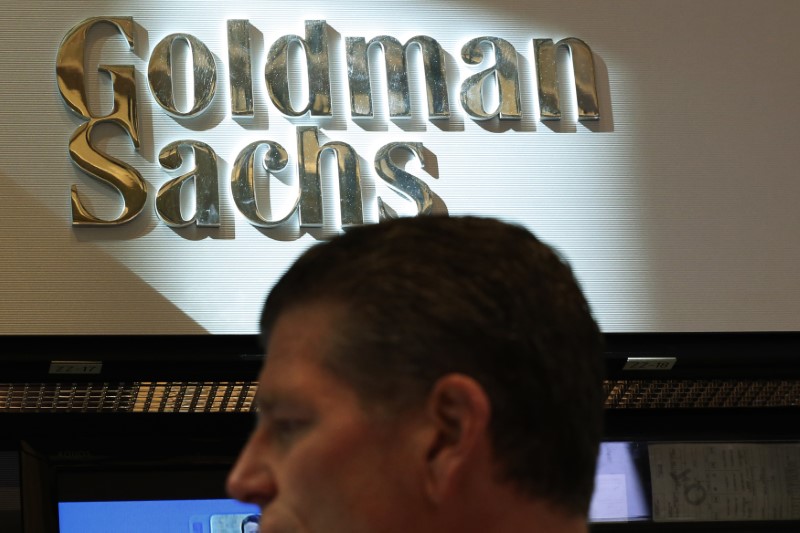Best Buy Co. (NYSE:BBY) has received an upgrade from Goldman Sachs, shifting the rating from Neutral to Buy on Thursday. The investment bank has set a new price target at $85 per share, suggesting a potential 20% increase in the stock's value. This announcement sparked a 2.45% increase in Best Buy shares during premarket trading on Thursday.
Analyst Kate McShane from Goldman Sachs attributes this upgrade to a steady demand for tech products and an uptick in sales trends as the holiday shopping season approaches. She emphasizes that the current valuation of Best Buy doesn't factor in the potential surge in demand for specific tech items like TVs and laptops.
According to InvestingPro data, Best Buy has a market cap of 15.35B USD with a P/E ratio of 12.09, indicating a relatively low valuation compared to earnings. The company's revenue stands at 44.37B USD despite a revenue growth of -9.91 % in the last quarter, showing a slight dip in sales. The company is also trading at a high price/book multiple of 5.39, indicating that the market values the company's net assets highly.
McShane also points out that tech products bought between 2020 and 2021 are now entering a three- to seven-year upgrade/replacement cycle. This could potentially stabilize demand until 2024, offsetting pressures from broader consumer health concerns and imminent demand headwinds. InvestingPro Tips suggests that Best Buy yields high returns on invested capital and has raised its dividend for 5 consecutive years, potentially offering additional value for shareholders.
Despite Best Buy's consistent quarters of declining sales, McShane believes this year could possibly mark the low-water mark for margins. She points out that Best Buy's trading below its usual EV/EBITDA averages could lead to a multiple re-rating given an unexpected surge in demand.
The analyst highlights the overlooked potential for a positive demand inflection through multiple expansions amidst macroeconomic headwinds and U.S consumer health worries. McShane predicts that better-than-expected demand could instigate a multiple re-rating, as Best Buy is currently trading below historical averages on an EV/EBITDA (NTM) basis.
InvestingPro Tips also highlights that Best Buy is a prominent player in the Specialty Retail industry with a moderate level of debt, which may make it a safer bet for investors. The company has maintained dividend payments for 21 consecutive years, offering consistent returns for shareholders. For more insightful tips, consider checking out InvestingPro which offers an additional 7 tips for Best Buy and countless more for other companies.
This article was generated with the support of AI and reviewed by an editor. For more information see our T&C.
